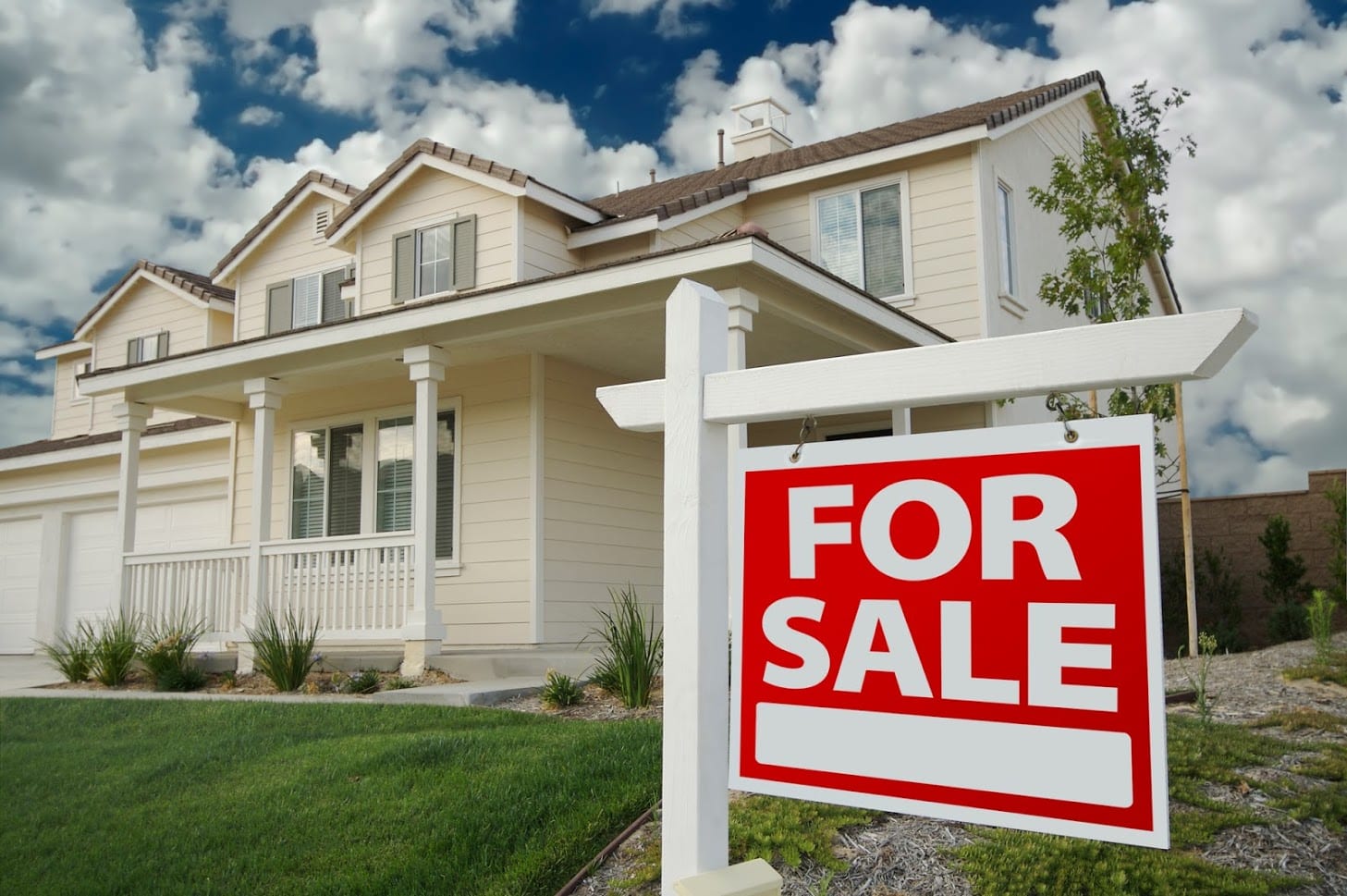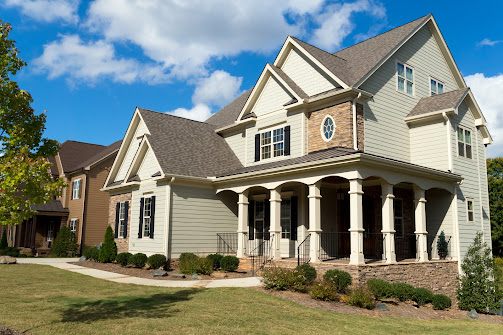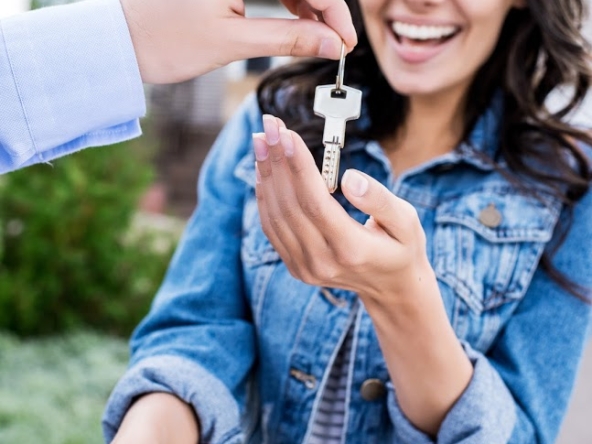The appraisal value of a property can affect your home purchase process in multiple ways. The appraisal will affect your mortgage application and protect you from a bad deal. Below are ten factors that affect the appraisal value of a property.
1. Age
New homes generally cost more than old homes. The difference is mainly because a new home is likely to have features that many old homes lack, such as:
- Energy-efficient designs
- Home automation systems
- Sound or intact materials
However, some old homes have higher values than new homes — a good example is an old home with a historic designation.
2. Condition
The condition of the structure also plays a role. The appraiser will inspect the condition of the various parts of the house, such as:
- The roof
- Foundation
- Siding
- Doors
- Windows
- Heating and cooling systems
The value of the property rises if the structure is in good condition.
3. Construction
The construction of the house refers to its design and material. The relevant factors here include:
- The roofing, flooring, and siding materials
- The architecture
- The number and sizes of doors and windows
The construction will clearly reveal whether a property is low-cost or high-cost.
4. Upgrades
The appraiser will also assess whether the property is in its stock condition or has upgraded features. For example, a 50-year old house with a new plumbing system is more valuable than a 50-year old house with its original plumbing system.
5. Special Features
Special features or installations increase the value of the property. A few examples of special features include:
- A swimming pool
- Finished basement
- Larger-than-average deck
The special features hold more weight if other properties in the neighborhood don’t have them.
6. Square Footage
The size of the property is another critical factor — big houses are more valuable than small houses. Some of the specific considerations here include:
- The square footage of the lot
- The square footage of the structure
- The number of rooms
- Dedicated storage space
Note that the appraiser will only consider the square footage of the usable area.
7. Defects
Defects lower the appraisal value of a property. The effect makes sense because the buyer has to spend money to fix the defects. Thus, a leaking roof, a cracked wall, or creaking floorboards all lower the appraisal value.
8. Location
The nature of the neighborhood also affects the appraisal value. Some of the neighborhood factors that affect appraisal value include:
- Crime rates
- Quality of schools
- Walkability
- Quality of roads
- Local economy or employment rates
- Pollution
Properties in desirable neighborhoods tend to have higher appraisal values than properties in other neighborhoods.
9. Property Market
The status of a local property market also comes into play. Properties tend to lose their values in a buyer’s market where there are more properties for sale than there are buyers. The reverse is also true in a buyers’ market.
Note, however, that property markets are not always that black and white. Most markets are stratified — they exhibit features of both buyers’ and sellers’ markets. You only get the true condition of the market if you consider specific or small neighborhood units.
10. Comps
The comparable sales, or comps, refer to the purchase prices of similar houses in the same neighborhood. If several three-bedroom houses have sold for $350,000 in the recent past, then you can safely assume that other comparable houses have similar market value. Comps only hold true if they are recent.
Buying a home is complicated. For example, you might not know what to do with a low appraisal for a home you love. Fortunately, Charles L. Moles Real Estate LLC can be by your side throughout the purchase process and help you avoid dangerous missteps. Contact us today, and we will help you with your real estate transaction.




